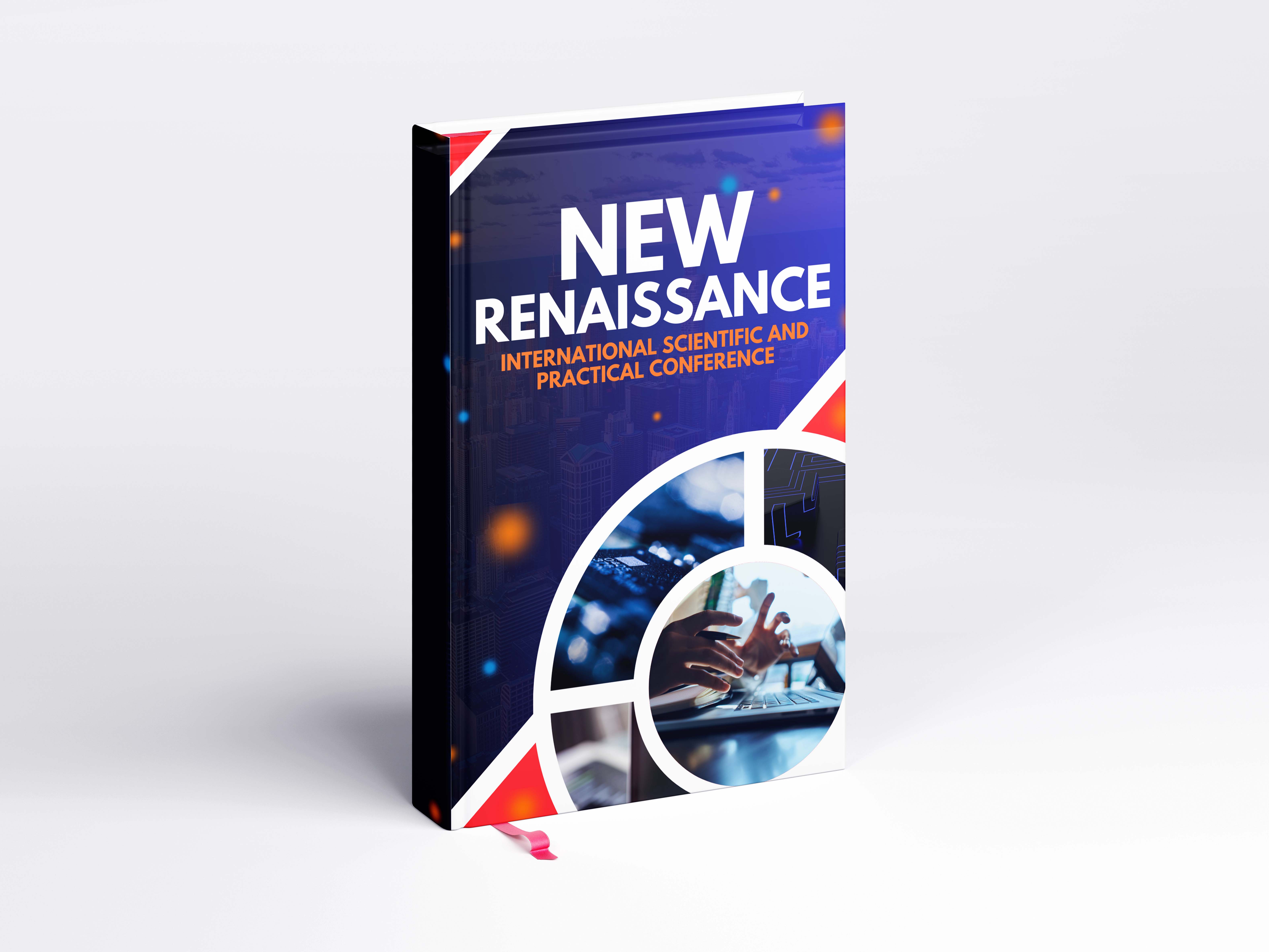Аннотация
This article studies the manifestation of traditional gender stereotypes through proverbs in William Shakespeare’s major tragedies, with particular focus on the English proverb “A woman’s tongue is a woman’s sword.” Through textual analysis of “Hamlet”, “Othello”, “King Lear”, and “Macbeth”, this research explores how Shakespeare both reinforces and subverts conventional gender roles related to female speech and agency. The analysis reveals that while Shakespeare’s female characters often embody the proverb’s implications—using verbal prowess as their primary form of power—they simultaneously transcend traditional boundaries, demonstrating complex agency that challenges patriarchal expectations. The findings contribute to understanding how literary works both reflect and reshape cultural attitudes toward gender and communication.
Библиографические ссылки
Adelman, J. (1992). Suffocating mothers: Fantasies of maternal origin in Shakespeare's plays, Hamlet to The Tempest. Routledge.
Bamber, L. (1982). Comic women, tragic men: A study of gender and genre in Shakespeare. Stanford University Press.
Belsey, C. (1985). The subject of tragedy: Identity and difference in Renaissance drama. Methuen.
Callaghan, D. (2000). Shakespeare without women: Representing gender and race on the Renaissance stage. Routledge.
Dusinberre, J. (1996). Shakespeare and the nature of women (2nd ed.). Macmillan.
French, M. (1981). Shakespeare's division of experience. Summit Books.
Jardine, L. (1983). Still harping on daughters: Women and drama in the age of Shakespeare. Harvester Press.
Kahn, C. (1981). Man's estate: Masculine identity in Shakespeare. University of California Press.
Neely, C. T. (1985). Broken nuptials in Shakespeare's plays. Yale University Press.
Newman, K. (1991). Fashioning femininity and English Renaissance drama. University of Chicago Press.
Rackin, P. (2005). Shakespeare and women. Oxford University Press.
Rose, M. B. (1988). The expense of spirit: Love and sexuality in English Renaissance drama. Cornell University Press.
Shapiro, M. (1994). Gender in play on the Shakespearean stage: Boy heroines and female pages. University of Michigan Press.
Wayne, V. (Ed.). (1991). The matter of difference: Materialist feminist criticism of Shakespeare. Cornell University Press.
Woodbridge, L. (1984). Women and the English Renaissance: Literature and the nature of womankind, 1540-1620. University of Illinois Press.
